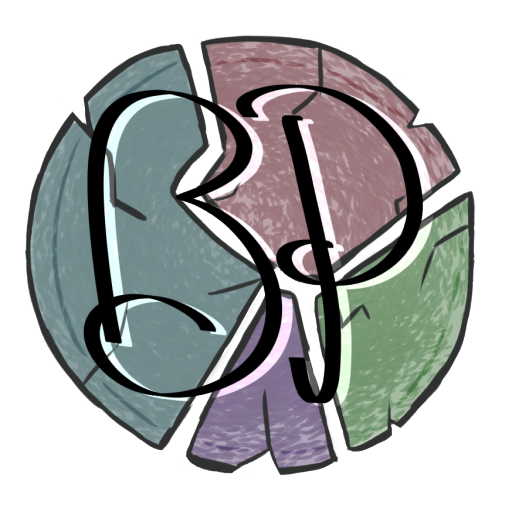Emma Teague is the Associate Fiction Editor of The Broken Plate 2021. She is a senior English Creative Writing major with a minor in Classics at Ball State University. In this post, Emma provides commentary on Kyli Brown’s poem “can ladies kill?” which was previously published in our most recent 2020 issue of The Broken Plate.
can ladies kill?
Kyli Brown
I want to ask but then I see
the emptiness in my eyes & then
the wonderful fear in his voice,
“dieu est une femme”
ah, yes, yes, yes, is it because
I wish to be independent? live alone?
not grieve for anyone?
to be more than a lexicon of feeling.
lips decorated in droplets of blood
covering glinting daggers of teeth
I only wanted my tears to be gold.
beautiful, violent, vulgar
this baby girl made of cherries
& wine, rosemary & thyme
“kiss me again” tart sweetness
resting on a burnt tongue &
rip out egos with poison-tipped nails,
I would rather die on my feet
than live on my knees, that voice
“la vie en rose”
aren’t we all? sinners in the eyes
of people who think we are not real,
& for once I want to hear that
a girl is a gun.
“can ladies kill?” is a poem written by Kyli Brown that was published in the 2020 The Broken Plate released in October 2020. The poem itself displays both the wants and anger of women and was chosen for its ability to evoke emotion and attention from the reader. It gives voice to the need to not be seen as delicate, but capable and real without any apology for being human. It calls for a desire to be seen and heard, not just identified and labeled. It seeks to invoke emotion for and from the subject matter.
The piece works to humanize. “Beautiful, violent, vulgar” reflects an array of what women can be, not just a 2-D cut out for display. The use of French makes the reader give pause and, hopefully, if not acquainted with the language, a quick search of their meaning. It makes the reader take a moment and give focused attention to the poem and its message. The two lines of French work with a purpose in the poem and are not just written in on a whim.
The second to last stanza serves well to give the full impact, “sinners in the eyes of the people who think we are not real,” because women are seen and heard but not listened to. That is the message that the poem is striving to change with the required pause for language and deconstruction of emotion. It longs to be listened to; women given a voice.
The whole of this poem displays what The Broken Plate is striving to do. It wants to give voice to different communities and allow for commentary and diversity within the sea of literature currently publicized. It wants to display a sense of community and empowerment, much like this desire for the empowerment of women the poem seeks. Along with that empowerment, though, we are also looking for this display of fragility. This poem shows the anger and frustration and longing. This brokenness of emotions compiled into one piece for a display to the reader perfectly displays the other half of our mission of attempting to create a togetherness in this fragility to build up a community of empathetic ties and understanding.
We are also searching for literary quality with attention to craft and construction. It shows care and consideration on both the writer’s and editor’s part. We hope to display our care for the effort put in. We pay attention to the construction. The wording in this gave it an edge and pulled the reader with intrigue with the combination of languages and emotions. Even though the poem did not follow standard grammar with either punctuation or capitalization, it had a set structure that gave it form and consistency that we look for at The Broken Plate when considering submission. Each word should have a purpose and reason for being in the piece, as well as the framing and cadence it creates.
We search for all of these points at The Broken Plate to serve as a point in difference of “good” and “great” works. We want our readers to read an experience and cultivate a community.

